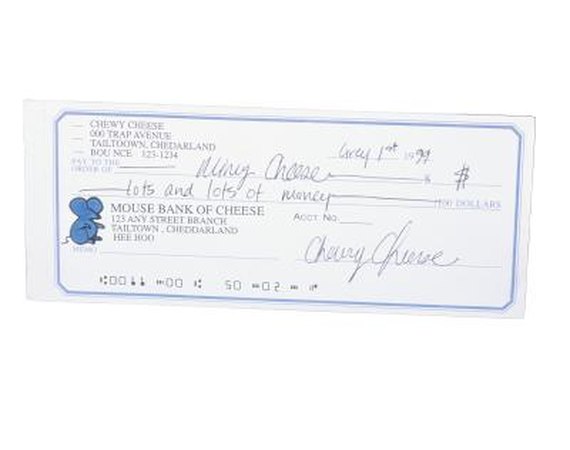
Borrowing money to pay for your first car increases your debt-to-income ratio and could possibly lower your credit rating. Additionally, indebtedness raises your stress level. To avoid debt hanging over your head, save money for your first car and pay in cash. If you do not pay straight cash for the vehicle, you will have to borrow money in some way.
Instructions
- 1
Set a goal for the amount of money you want to spend on a car. To avoid borrowing money for it, you must pay cash. Make a goal so you can visibly see your progress when you save money for your car. For example, if you want to save $5,000, create a poster board that tracks your progress all the way to the total amount.
2Save a percentage of your income every month and place it into a savings account. The amount you save depends on your salary and your monetary goal. For example, if you make $2,500 per month, and you want to save $5,000, set aside $250 each month for 20 months. If your savings account is interest bearing, you will make money on the savings you put away.
3Shop for used (sometimes called pre-owned) vehicles instead of looking at new cars. New vehicles cost tens of thousands of dollars; if you do not have the cash on hand, you have to borrow the money necessary for the vehicle. To avoid borrowing money with a loan, shop for used cars that cost only a few thousand dollars and fit your car budget. Online auction sites, classified listings and used car lots are all options.
4Negotiate with the seller to pay less for your first car. If the car has any mechanical defects or problems with its appearance, ask the seller to reduce the price. It is easier to pay for a car with savings or your cash on hand if the price is lower than what the owner asks. Research the cost of the car using a guide like the Kelley Blue Book. Guide books give multiple prices for a car depending on its condition and mileage. Factor in the cost for taxes and registration in the final price of the car. Typically, taxes and registration cost approximately 5 to 10 percent of the sale price.
5Pay for the vehicle with your saved money. Obtain a receipt for your purchase and have the title in hand before driving the vehicle away. You need the title to register the vehicle in your name and prove that the car is yours.






0 comments:
Post a Comment